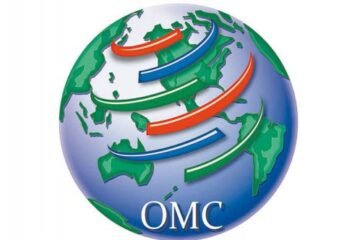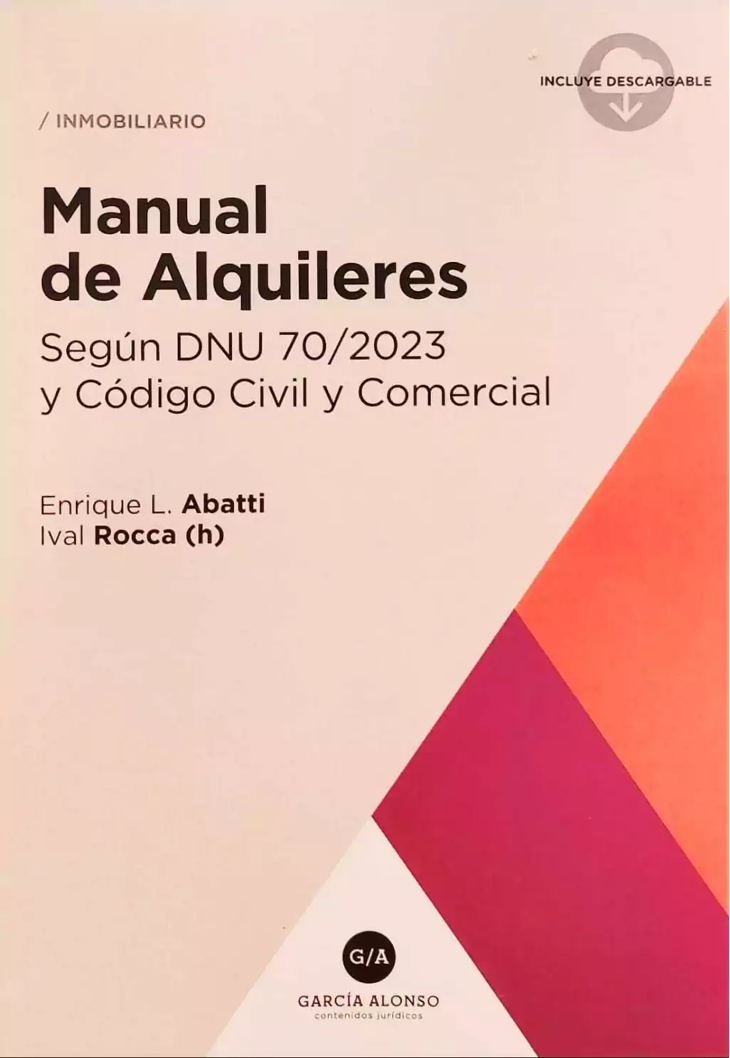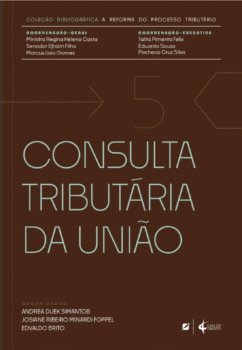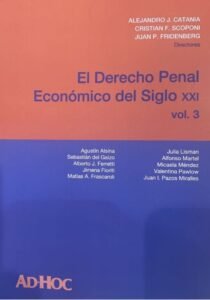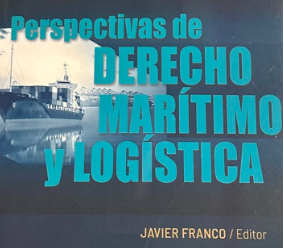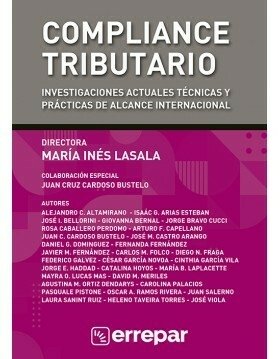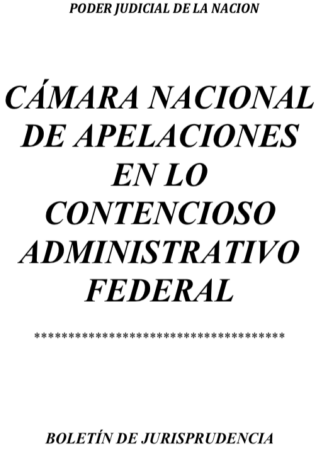La OMC hace público un informe sobre las repercusiones en el comercio para los Miembros que dejan de tener la condición de PMA
La finalidad de este nuevo informe de la OMC publicado el 8 de mayo es ayudar a los países menos adelantados (PMA) a comprender mejor las consecuencias relacionadas con el comercio que trae consigo la pérdida de la condición de PMA. Producto de un esfuerzo conjunto entre la OMC y el Marco Integrado mejorado (MIM), el informe titulado “Trade Impacts of LDC Graduation” (Repercusiones en el comercio de la pérdida de la condición de PMA) analiza cómo el hecho de perder la condición de PMA puede afectar a la participación de los PMA en el comercio mundial, incluido su acceso a los mercados de exportación, y a sus compromisos en el marco de la OMC.
The report responds to a specific request from the LDC Group in the WTO for an analysis of how graduation will impact countries’ trade relations. LDCs are accorded special treatment in the WTO, in particular with regard to enhanced market access opportunities and the implementation of WTO rules and disciplines.
While graduation represents an important milestone in their development path, phasing out of the special treatment provisions associated with LDC status could present challenges to graduating LDCs. As a result, graduation-related concerns are increasingly becoming an integral part of LDC proposals in the WTO.
The report was completed before the outbreak of the COVID-19 pandemic and the issuance of the WTO’s recent trade forecast, which foresees a sharp downturn in global trade this year. Nevertheless, the study remains pertinent as it examines the trade impacts resulting from graduation, not the factors that could constrain prospects for graduation due to the pandemic.
“The WTO remains committed to helping LDCs use trade to raise incomes and reduce vulnerabilities, and thereby to graduate from LDC status,” WTO Director-General Roberto Azevêdo said. “Today, a quarter of LDCs are on track to graduate — or at least were, prior to the economic dislocation arising from the COVID-19 pandemic. They need to be supported. It is very positive that the international community is continuing to explore measures to facilitate a smooth and sustainable graduation process for LDCs.”
A WTO member “graduates” from LDC status when it meets certain socio-economic thresholds set by the United Nations. The decision regarding graduation is taken by UN members at the recommendation of the Committee for Development Policy, an advisory body of the United Nations Economic and Social Council (ECOSOC).
There are currently 47 LDCs, of which 12 are at different stages of the graduation process. Of these LDCs, seven are WTO members (Angola, Bangladesh, Lao PDR, Myanmar, Nepal, Solomon Islands and Vanuatu) while three are in the process of negotiating their WTO accession (Bhutan, Sao Tome and Principe, and Timor-Leste). The other two LDCs on the graduation path are Kiribati and Tuvalu.
The report notes that while graduating LDCs have diverse economic and trade profiles, for most of them the impact of graduation appears limited, with only marginal increases in tariffs due to the loss of preferences. The biggest impact is likely to be confined to a handful of export items (clothing, fish products, footwear) destined for a few developed country markets (Canada, the European Union and Japan). With a considerable share of graduating LDC exports going to markets covered by regional trade agreements, the impact of graduation is likely to be limited for this trade.
Graduating governments may need to take certain steps to adhere to their new non-LDC obligations, particularly with regards to increased notification requirements, the report notes.
The report explores options for graduating LDCs, including through forging appropriate trade arrangements with their trading partners and seeking recourse to instruments and procedures available under WTO rules that allow them to engage with WTO members should they face difficulties in meeting their commitments. It also identifies potential support measures that graduating LDCs can build on by working hand-in-hand with their development partners to ensure sustainable graduation.
The WTO Secretariat intends to undertake a COVID-19 impact analysis for graduating LDCs under the aegis of this project.
“Trade Impacts of LDC Graduation” is the outcome of a joint project between the WTO and the EIF that aims to help graduating LDCs to address graduation-related challenges and support their integration into global trade.
Fuente: OMC




